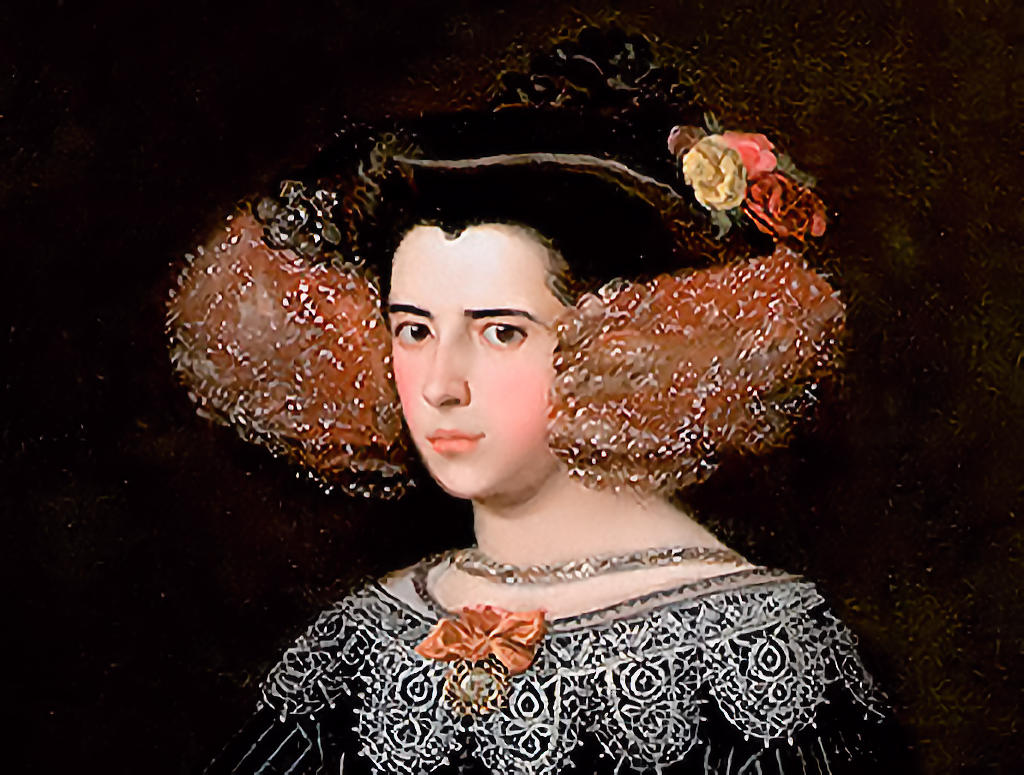Luisa's determination to become queen, even if only for a day, rather than remaining a duchess for her entire life, exemplified her commitment to the cause. She recognized the dangers posed by Spain's might but chose to stand with Portugal. During this time, Luisa demonstrated her unwavering support by actively participating in the court and supporting the execution of nobles who posed a threat to the Portuguese crown.
Tragically, King John IV passed away in 1656, leaving their son Afonso VI as the heir to the throne. However, Afonso's mental instability prompted Luisa to assume the regency of Portugal. She became the de jure regent from 1656 until 1662 and continued to hold de facto power until her death in 1666. Luisa's regency faced challenges, including a failed conspiracy led by Luís de Vasconcelos e Sousa, the Count of Castelo Melhor. Despite these obstacles, she remained committed to upholding Portugal's freedom and independence.
Lisbon.vip Recommends
Luisa's legacy as Queen of Portugal and defender of independence endures. Her unwavering commitment to her country, astute political maneuvers, and diplomatic successes made her a revered figure in Portuguese history. She laid the foundation for future generations and ensured the prosperity of the Portuguese nation. The reign of Luisa de Guzmán remains a testament to the resilience and determination of a remarkable queen who dedicated her life to protecting her people and their sovereignty.



